When navigating the journey of addiction recovery, both individuals and their loved ones can experience periods of heightened intensity and instability. These “crisis moments” often arise unexpectedly, fueled by internal struggles, external triggers, or a combination of both. While predicting the exact nature of a crisis is impossible, being prepared with a well-defined crisis management plan can make a world of difference in how effectively you navigate these tumultuous times.
Why is a Crisis Management Plan Important?
Addiction recovery is rarely a linear journey. Relapses and setbacks, while undesired, are often part of the healing process. Having a crisis management plan provides a tangible roadmap for addressing these challenging situations head-on. It offers:
- Clarity and structure: In the midst of a crisis, emotions can run high, making clear thinking difficult. A pre-established plan provides a framework for making informed decisions and taking actionable steps.
- Reduced stress and anxiety: Knowing what to do in a crisis reduces the fear of the unknown and empowers individuals and families to feel more in control.
- Increased safety and well-being: A well-crafted plan outlines resources and support systems available during a crisis, ensuring timely intervention and access to professional care.
- Improved communication: Discussing and developing a plan together fosters open communication within families, facilitating understanding and coordination during challenging times.
What Should Your Crisis Management Plan Include?
Identifying Triggers: Begin by reflecting on past situations that have led to increased cravings, risky behaviors, or emotional distress. Common triggers may include stress, negative emotions, social gatherings, or specific individuals or environments. Recognizing your unique triggers allows you to proactively avoid them or have strategies in place to manage them constructively.
Early Warning Signs: Pay attention to your physical, emotional, and behavioral changes that might signal a potential crisis. These could include increased anxiety, isolation, irritability, sleep disturbances, or neglecting self-care routines. Identifying these early signs allows for early intervention and prevents escalation.
Action Steps: Establish a clear course of action for various crisis scenarios. This may include:
- Contacting your therapist or counselor: Having readily available contact information for your addiction recovery professional ensures immediate access to guidance and support.
- Reaching out to a trusted support network: Identify individuals or groups you can rely on for emotional support, encouragement, and accountability during a crisis.
- Engaging in coping mechanisms: Develop a list of healthy coping strategies you can utilize to manage difficult emotions and cravings, such as mindfulness exercises, journaling, or creative activities.
- Seeking professional intervention: Determine if seeking additional professional support, such as a crisis hotline or inpatient treatment, might be necessary in specific situations.
Plan Maintenance and Review:
- Regularly review and update your crisis management plan to reflect your evolving needs and progress in recovery.
- Discuss the plan with your substance abuse counselor to ensure it aligns with your overall treatment goals.
- Share the plan with trusted loved ones to facilitate coordinated support and understanding during a crisis.
Remember, seeking professional help is never a sign of weakness. Addiction recovery specialists at Harmony Harbors offer substance abuse counseling and crisis management services, providing personalized guidance and support at every step of your journey. Contact us today to learn more about how we can help you create and implement a robust crisis management plan for a smoother and more empowered recovery journey.


